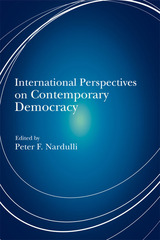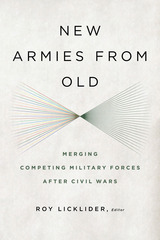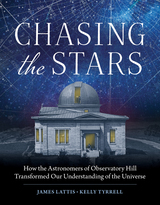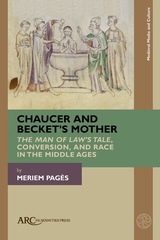
One of our nation's leading interpreters of national security policymaking shows how public opinion, operating in democratic political systems, shapes and constrains decisions about national security. Bruce Russett maintains that elected leaders, and their supporters and rivals, must realize that foreign policy and security policy are largely determined by domestic politics; the political leader who ignores domestic politics finds it difficult to get things done internationally, risks repudiation at the polls, and fails to exploit real or symbolic successes abroad that could reinforce his standing at home.
Russett also debunks several Washington myths: that the public is too confused and ignorant about security issues to deserve influence over national security policy; that the public is easily manipulated; that public opinion is hopelessly volatile, swinging irrationally between indifference and hysteria, hawk and dove. He shows how electoral politics encourages tough talk and tough action; how policymaking and public opinion interact; how the public balances extremes of warmongering and appeasement; and how democratic political systems are prepared to compromise their differences with other democratic countries, to avoid making hard enemies of them.
Timely, insightful, almost an advanced primer for understanding national policymaking in our most challenging and frightening sphere, this book will be of interest to policymakers, journalists, legislators, and concerned readers in general.

Democracy enjoys unparalleled prestige at the beginning of the twenty-first century as a form of government. Some of the world's most prosperous nations are democracies, and an array of nations in Europe, Africa, and South America have adopted the system. This globalization has also met resistance and provoked concerns about international power exerted by institutions and elites that are beyond the control of existing democratic institutions. In this volume, leading scholars of democracy engage the key questions about how far and how fast democracy can spread, and how international agencies and international cooperation uneasily affect national democracies. At first glance, the efforts of intergovernmental organizations to intervene in a nation's governance seem anything but democratic to that nation. The contributors demonstrate why democracy has been so attractive and so successful, but are also candid about what limits it may reach, and why.
Contributors are Lisa Anderson, Larry Diamond, Zachary Elkins, John R. Freeman, Brian J. Gaines, James H. Kuklinski, Peter F. Nardulli, Melissa A. Orlie, Buddy Peyton, Paul J. Quirk, Wendy Rahn, Bruce Russett, and Beth Simmons.

Negotiating a peaceful end to civil wars, which often includes an attempt to bring together former rival military or insurgent factions into a new national army, has been a frequent goal of conflict resolution practitioners since the Cold War. In practice, however, very little is known about what works, and what doesn’t work, in bringing together former opponents to build a lasting peace.
Contributors to this volume assess why some civil wars result in successful military integration while others dissolve into further strife, factionalism, and even renewed civil war. Eleven cases are studied in detail—Sudan, Zimbabwe, Lebanon, Rwanda, the Philippines, South Africa, Mozambique, Bosnia-Herzegovina, Sierra Leone, Democratic Republic of the Congo, and Burundi—while other chapters compare military integration with corporate mergers and discuss some of the hidden costs and risks of merging military forces. New Armies from Old fills a serious gap in our understanding of civil wars, their possible resolution, and how to promote lasting peace, and will be of interest to scholars and students of conflict resolution, international affairs, and peace and security studies.
READERS
Browse our collection.
PUBLISHERS
See BiblioVault's publisher services.
STUDENT SERVICES
Files for college accessibility offices.
UChicago Accessibility Resources
home | accessibility | search | about | contact us
BiblioVault ® 2001 - 2024
The University of Chicago Press









